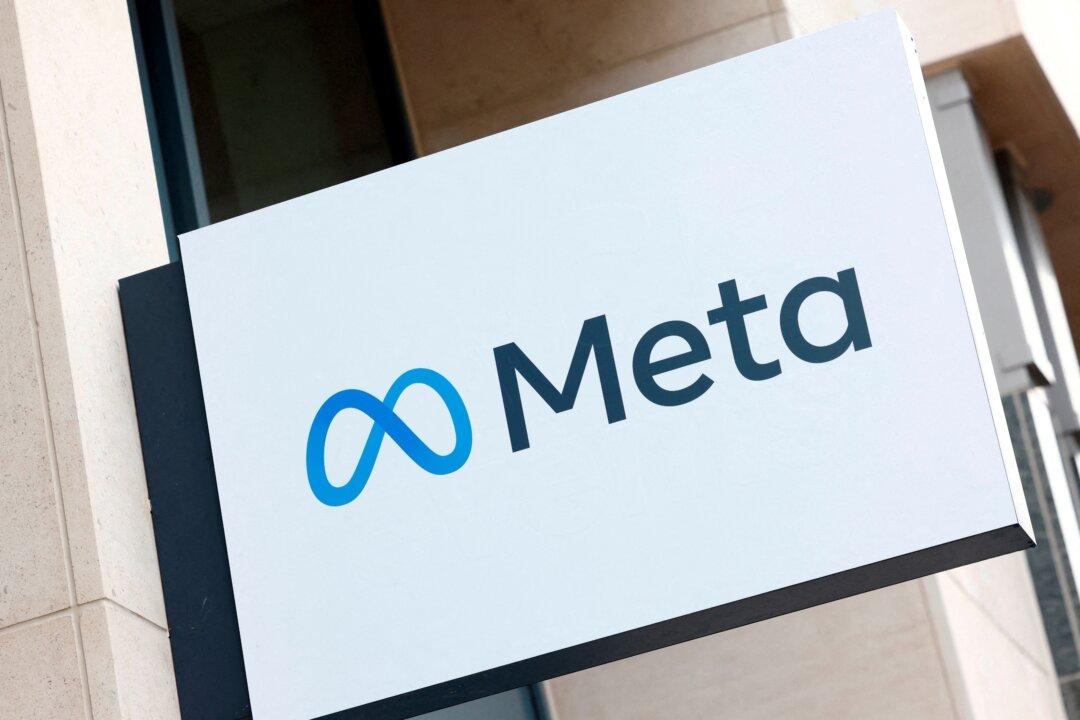Meta has announced it has started blocking news content for Canadian users on its platforms, following months of threats to strike back against the Online News Act, which mandates that major tech companies pay Canadian media outlets for news content linked on their platforms.
Starting Aug. 1, Meta begins the process of ending news availability in Canada, the company said in a statement. Over the next few weeks, all users accessing Facebook and Instagram in Canada will no longer be able to view news links and content posted by Canadian news publishers and broadcasters.





